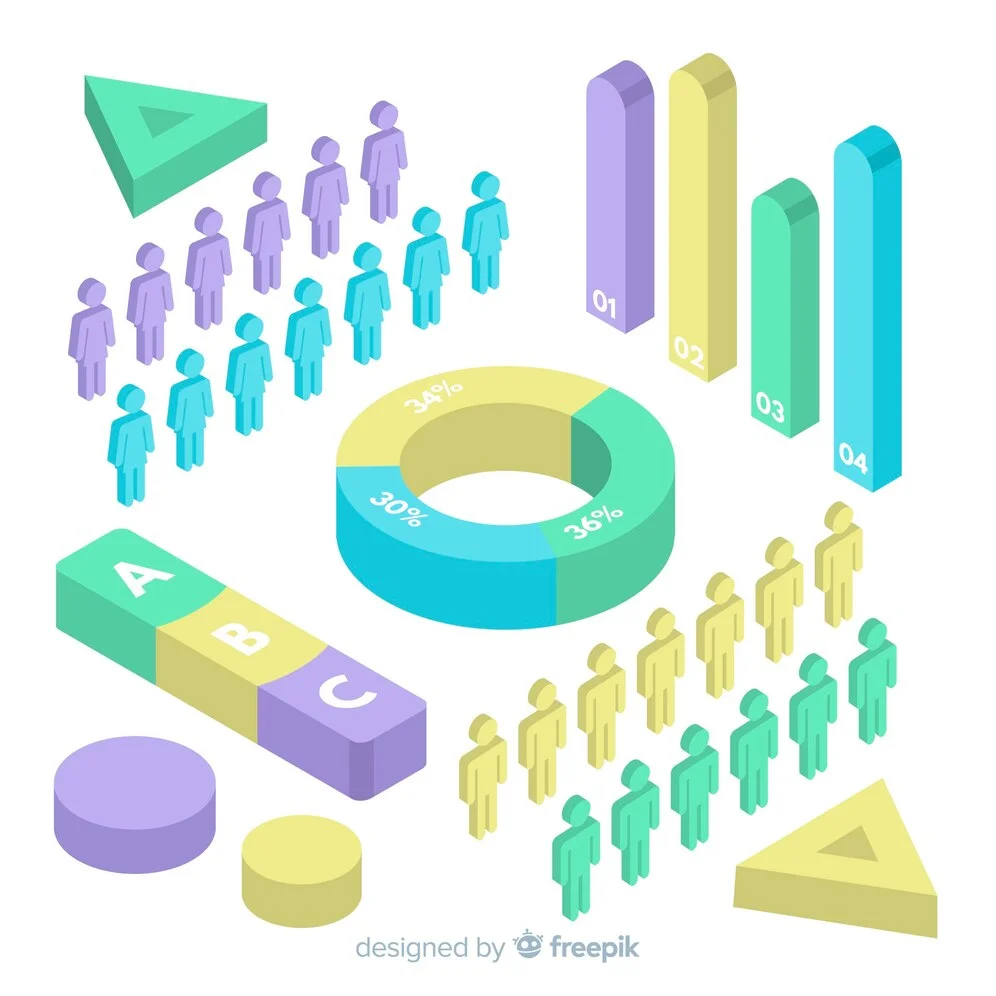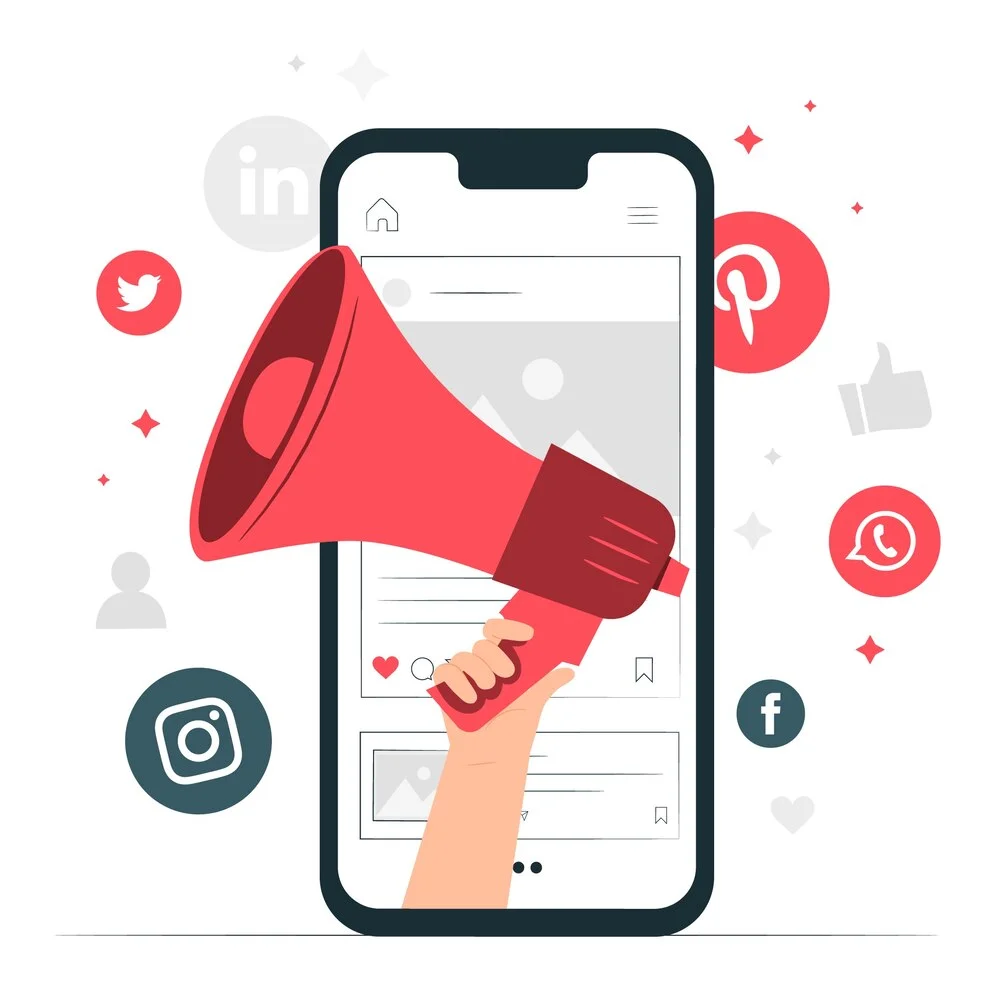How to Sell B2B Services: Expert Tips for Successful Sales
Summer Nguyen | 03-17-2025

The B2B sales environment has changed remarkably in the past couple of years. Salespeople nowadays have to be able to deal with complicated, uncertain sales processes and advanced strategies for selling B2B services. First, this article will define B2B sales, describe some popular models, and show how they differ from B2C sales. We’ll also cover the sales process and share some good techniques for more successful B2B sales.
What is B2B sales?
B2B sales are selling products or services to other businesses. In general, B2B sales can be divided into three types:
- Wholesale/Distribution Sales: Selling things such as raw materials or retail products to other businesses. An example would be a convenience store purchasing large amounts of goods for resale.
- Supply Sales: Offering items utilized continuously by establishments like office furniture and supplies.
- Service/Software Sales: Providing services or software products consumed by organizations in their day-to-day operations; an instance being when an individual small-scale firm pays a monthly subscription fee for a cloud-based CRM tool.
B2B sales vs. B2C sales: Key Differences
While business-to-consumer (B2C) is directly selling products or services to individual customers, B2B is making sales to other businesses.
For instance, a B2C business might include an online clothing store, a neighborhood convenience store, or a food cart that trades with people walking by.
Below are some significant differences between B2B and B2C sales:
| Criteria | B2B Sales | B2C Sales |
|---|---|---|
| Value per customer and purchase risk | High, with a focus on ROI and LTV | Mostly low-value, one-time purchases |
| The average number of stakeholders | Average 5-11 | 1+, depending on investment |
| Sales cycle | Longer cycle | Typically, short cycles with mostly one-time purchases |
| Decision-making differences | Logical, swayed by facts | Emotional, swayed by storytelling |
| Product usage | Purchaser rarely uses the products | Purchaser uses product |
| Number of leads per salesperson | A small number of leads, with a focus on relationships | A large volume of leads, with a focus on volume |
| Product’s pricing | More flexible | Stable or fixed |
| Customer acquisition cost | Higher cost due to longer sales cycle | Most acquisition budgets are in marketing but vary by industry |
| Sales experience | High, requiring deep industry knowledge | Less experience because of lower purchase risk |
Understand The B2B Sales Process
B2B sales are more sophisticated than B2C sales but share several fundamental qualities. To be successful, you need to generate leads, make initial contact, present your product, and close the sale.
1. Gather information
A successful B2B salesperson knows their market inside out. They need to know who their competitors are and who their ideal customers are. They should also understand how their product/service fits within the marketplace and its value proposition.
2. Identify potential customers

An essential step of a successful B2B sales process is recognizing potential customers – decision-makers with both purchasing power and authority over budgets. It is vital to assess these prospects for the need, interest, and affordability of your product/service before qualifying them as clients.
3. Make initial contact
Some outreach methods can be used in B2B sales, such as social media (outbound marketing) or writing a blog that attracts them with engaging content (inbound marketing). Now that you have understood your market, competition, and well-defined ideal customers, get to them.
Direct marketing options include sending brochures or cold-calling to arrange meetings. Moreover, following-up emails must be part of your strategy using direct marketing. You can use Aweber or Mailchimp as tools to help you manage and track these emails while giving insights on opening and response rates.
4. Present to your leads
To explain how their product or service solves problems faced by potential clients, B2B salespeople must meet up with them for awareness; it’s also an opportunity to know more about what the client needs.
The most time-consuming thing during the B2B selling process should be pitching. Each sales pitch deck must be customized to align with the specific needs of each lead for maximum impact.
5. Stay in touch
After the pitch meeting, B2B salespeople should send a business proposal or statement of work to summarize and confirm everything discussed, tailored to the customer’s needs.
6. Close the deal
If you have got to this stage, closing the sale should be simple. If there is any hesitation, address the customer’s concerns by offering additional meetings or a product demo to help them get over it.
Strategies for Successful B2B Sales
Today, businesses seek a collaborative approach from their B2B partners, focusing more on consultation than just transactions. Here are three strategies recommended for enhancing your B2B sales approach and ensuring a positive experience for everyone involved.
Tip #1: Use customer relationship management (CRM) software
You can use CRM software or B2B email marketing tools with built-in CRM features to manage and track prospects and build stronger relationships throughout the sales process.
Popular options include HubSpot, Zendesk Sell, and Salesforce. Agile and Zoho are also good choices for small businesses or individuals who aren’t very tech-savvy.
Tip #2: Focus on solution selling
Ask prospective clients challenging questions to understand their business challenges deeply. For example:
- What are the company’s goals?
- What would they achieve with more resources or time?
- What are the main struggles the company is facing?
Tip #3: Understand that B2B sales require patience
Make an effort to build and maintain strong relationships that encourage clients to return and buy again. This involves sending follow-up emails to check if customers are happy with their purchases and to ensure any problems are fixed.
The future of B2B sales
Transformations in recent years are only the beginning for B2B sales, meaning they will continue to evolve with buyer behaviors. Here’s what the future of B2B sales holds:
Sales and marketing alignment will still be necessary
As consumers continue to research and engage with brands throughout the buyer’s journey, sales and marketing must work together to ensure consistent messaging and coordinated efforts.

Remote or hybrid sales will increasingly be the norm
In a 2020 McKinsey survey of B2B buyers, only 20% reported they would prefer a return to a traditional sales model, with the remainder preferring a remote/hybrid style. This means consumers will continue to do business online and move more and more away from traditional, in-person sales.
Digital communication will become more critical
A Gartner study suggests that by 2025, 80% of B2B sales interactions between suppliers and buyers will occur in digital channels. B2B brands who want to excel must strengthen their digital presence and adopt an omnichannel approach to meet consumers at multiple touchpoints.
FAQs
How have digital technologies changed the B2B sales process?
The B2B sales process has undergone a great transformation due to digital technologies. Here are some of its prominent ways:
- Electronic Meetings: Sales now happen through online meetings and not on phone calls or face-to-face.
- Better Data Availability: Salespeople have access to many data and reporting systems.
- Major Lead Sources: More lead sources than ever exist today.
- Sophisticated Tools: Digital tools such as Customer Relationship Management systems, AI-based analytics, and the internet provide customized and effective selling techniques that allow for informed decisions based on facts while also allowing communication in real-time.
What are effective B2B sales techniques today?
Effective B2B sales techniques can vary in application from one industry to another. Some of the effective methods are as follows:
- Cold calling
- Email outreach
- Social media sales
- Networking
- Referral selling
- Content marketing
- Hosting events
You need to pick out the techniques that work well for your business, keep tabs on how they are doing, and then concentrate on the best-performing ways only.
Why is content marketing so important in B2B sales?
In B2B sales, content marketing plays a critical role. The following are ways in which effective content can help engage leads and prospects:
- Relationship Building: Giving out meaningful case studies, white papers, and thought-leadership pieces helps establish connections.
- Developing Trust: Supplying relevant and informative material builds the company’s credibility and reliability.
- Assisting Decision Making: Good content assists prospective clients in selecting your solution.
Overall, through the stages of a sales cycle, from initial cold mailings with interesting ebooks to graphic designs that persuade potential clients to sign contracts, there is no phase of the sales process whereby one cannot find value derived from content marketing.
Final Words
A successful B2B sales strategy aims to attract and retain more customers, especially long-term ones. This means prioritizing relationships over quick sales, providing enduring solutions that meet client needs, and leveraging technology to enhance your sales efforts.
Businesses that excel in these areas are well-positioned to thrive in this expanding market.






